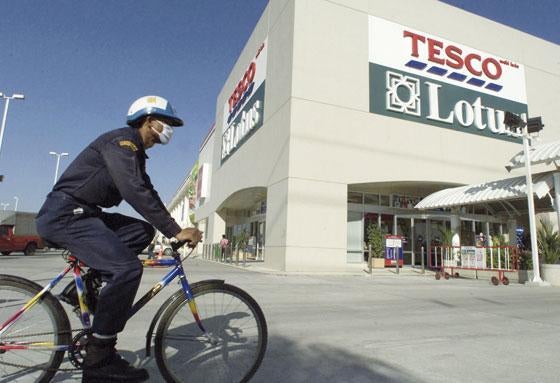
The number of defamation cases has risen by a third in a year, according to new figures.
The increase was driven by a three-fold rise in the number of cases brought by business, said legal information provider Sweet and Maxwell.
Its figures, published today, showed that there were 78 reported libel cases in the year to May 31 – a 32 percent rise on the 59 cases reported in the previous year.
Sweet and Maxwell suggested that the increase in cases launched by businesses could result from the financial pressures of the credit crunch as companies reacted more aggressively to perceived attacks on their reputation.
There was also a growth in “new media” cases, which more than doubled from three to eight, while the number of cases involving celebrities remained stable.
The research is based on figures drawn from Sweet and Maxwell’s Lawtel and Westlaw UK legal information services, which have an archive of more than 250,000 law reports and transcripts online.
The research showed that most libel cases – 11 – started by businesses were against other businesses or individuals rather than media companies, which were involved in only five.
Examples include Tiscali UK Ltd v British Telecoms, an unsuccessful claim over a letter sent to Tiscali’s customers, and Pentagon Capital Management plc v Express Newspapers, in which the Sunday Express paid damages over an incorrect story accusing some of the claimant’s employees of keeping investors’ money for themselves.
In some instances companies used the libel law to protect themselves against claims that their businesses might become insolvent – a trend which could increase next year if more recession-related defamation cases fed through the courts, Sweet and Maxwell said.
Solicitor Jaron Lewis, a media partner at law firm Reynolds Porter Chamberlain, said companies were using defamation claims as part of a broader strategy to protect their reputations.
“Companies have started to make more use of the libel Courts as part of their wider PR strategy,” he said.
“It is not always the best way to proceed – businesses would often be better served by explaining clearly why a publication is wrong, or by using the free complaints procedures operated by the Press Complaints Commission and Ofcom.”
The number of cases brought by celebrities remained stable, down to 18 from the 19 reported last year.
But despite the small decrease, cases involving celebrities still represented nearly a quarter (23%) of reported defamation cases.
Lewis said there had been a move towards using privacy rather than libel law, adding: “It is almost impossible to get an injunction for libel so some celebrities now try to use privacy laws to try to stop defamatory stories from being published.”
The new media cases involved defamatory statements published in e-mails, blogs or on websites.
Sweet and Maxwell said technological developments over the past decade, the emergence of web 2.0 and the rapid proliferation of instant web publication sites such as Facebook and Twitter now allowed people to broadcast their thoughts immediately to thousands, if not millions, of potential readers.
This had led to a steady increase in “new media” defamation cases over the past three years, although the number was not as high as some commentators had predicted.
New media were often under more pressure than traditional media outlets to publish a great deal of content quickly, which could lead to errors resulting in defamation claims.
The figures showed that:
- Cases brought by businesses increased from five (eight percent of the total) in 2007-8 to 16 (21 percent of the total) in 2008-9
- Cases involving celebrities dropped from 19 (32 percent) to 18 (23 percent)
- Cases involving new media rose from three (five percent) to eight (10 percent).
Email pged@pressgazette.co.uk to point out mistakes, provide story tips or send in a letter for publication on our "Letters Page" blog
